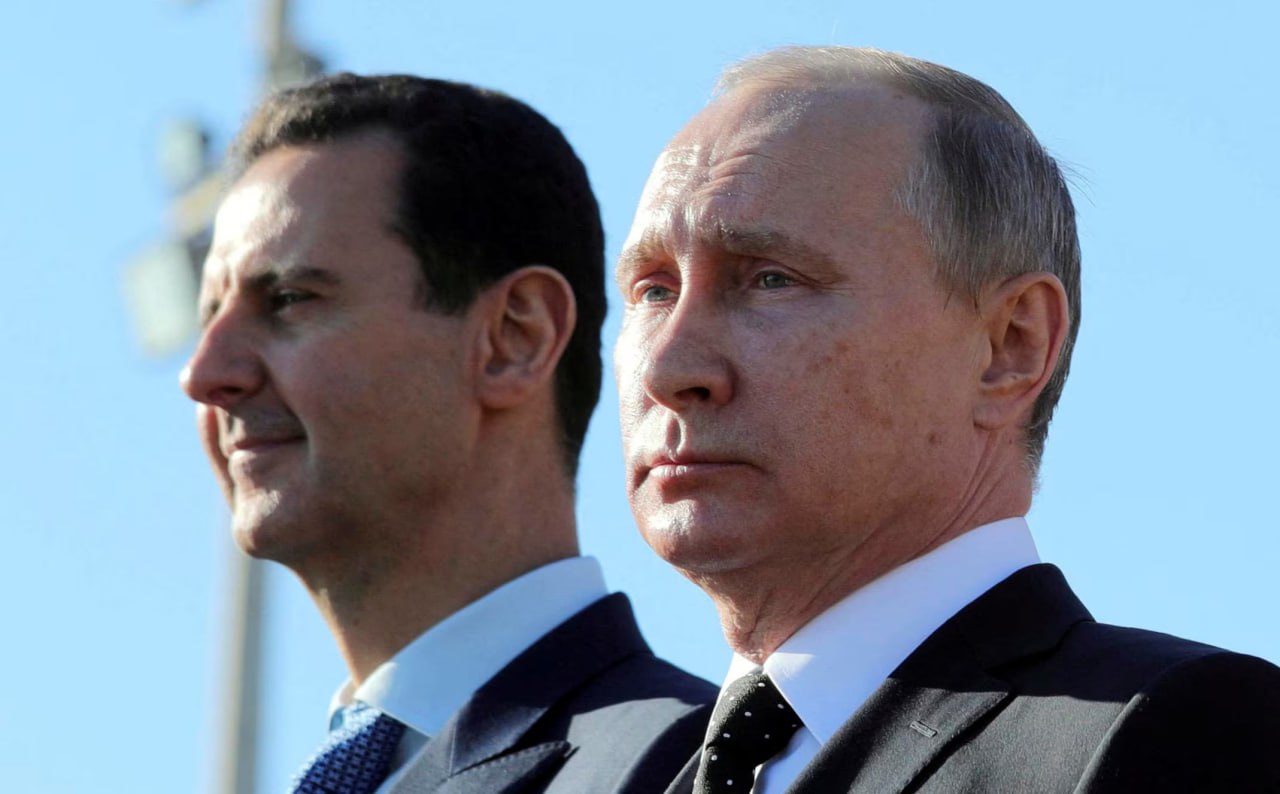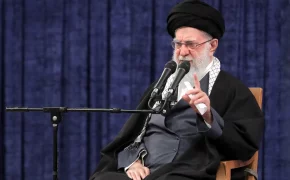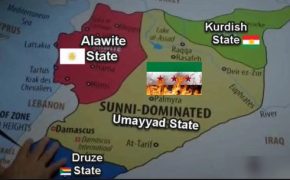A Brief Essay Regarding The Russian Federation View On Syrian Downfall

The surprise offensive by the joint pro-Turkish opposition and jihadist forces took the Syrian army and its allies in the Axis by surprise, but did it take Russia by surprise? There is no clear answer at this point.
Observers note that the Kremlin is a little irritated by Assad’s intransigence in relation to Erdogan’s “conciliatory tone,” which suggests that perhaps one of the Kremlin’s influential towers simply played along with Turkey in order to force Assad to engage in dialogue.
Can we believe that the Russians are really tired of Assad and that they are actually indifferent to the fate of Syria? The answer is yes. The Russian-Ukrainian conflict is not the only reason why Moscow realizes the futility of its presence in Syria. The Kremlin has long understood that “the Assad regime is hopeless economically and has a crumbling army.”
Moreover, all the key figures of the Russian military group in Syria no longer have any influence. Shoigu was thrown out of the Kremlin elite, the Wagner PMC was declared an enemy of Putin, the generals who led the first successes of the Syrian army have now been retired or are in Ukraine. Today, Russians are simply not interested in Syria and they sincerely do not understand what they should do there. Times have changed.
As an argument in defense of the Russian-Syrian alliance, many may recall the words of Hakan Fidan that “the Russians have not shown interest in reconciliation between Ankara and Damascus”, to which I will answer that the Turkish authorities in the dialogue with the Russians could simply not know who they are talking to.
After all, inside the Kremlin there is a wild struggle between two groups, one is headed by Putin’s comrade-in-arms from his work in the GDR – Chemezov, against whom the former head of the FSB – Patrushev speaks out. In the confrontation between the two Kremlin towers there are no liberals or “Western agents”, it is something like different views on the development of their country and the future of the country, both Kremlin towers have the same view on Ukraine and Syria, and the difference is only in the details. Both sides consider it necessary to end the two conflicts.
Thus, the diverse Syrian opposition may have caught Assad’s army by surprise, but for the Russians this moment certainly did not come as a shock. Are there any areas of collusion? It is difficult to give a categorical answer now. However, it was strange for many to discover that Jabhat Nusra sees Russia as a potential partner in post-Assad Syria. There is clearly something to think about here.
In conclusion, I will recall Putin’s phrase regarding Assad, at a meeting with Erdogan in 2017 – “Erdogan, don’t get me wrong. I am not Assad’s defender, I am not his lawyer.” Such an attitude of the head of the Russian Federation already in those years demonstrated a decent gap between the Russian Federation and the Baath government in Syria.




Comment